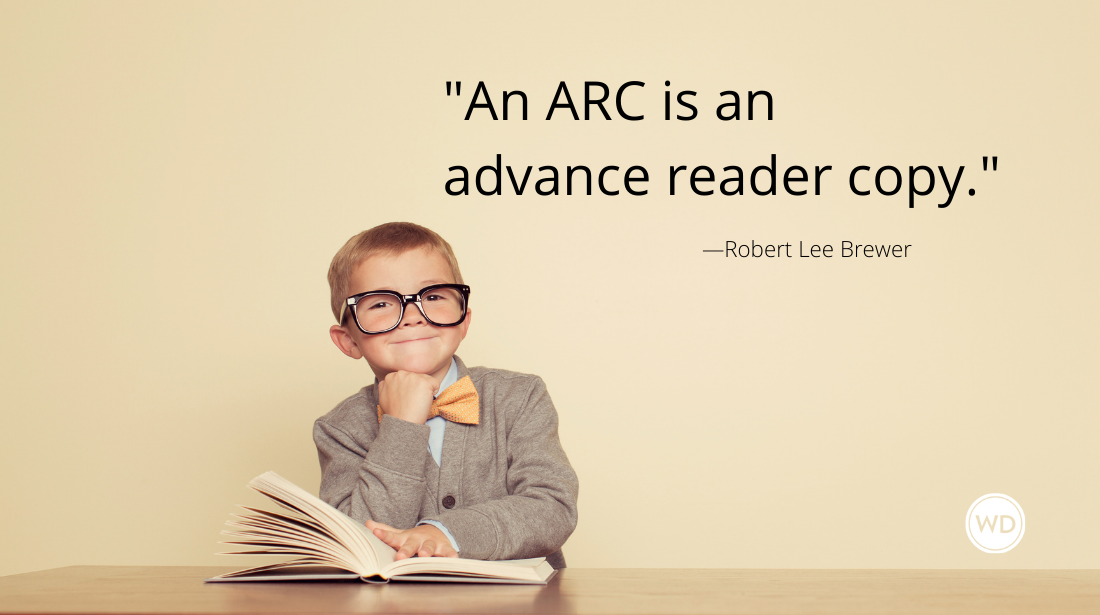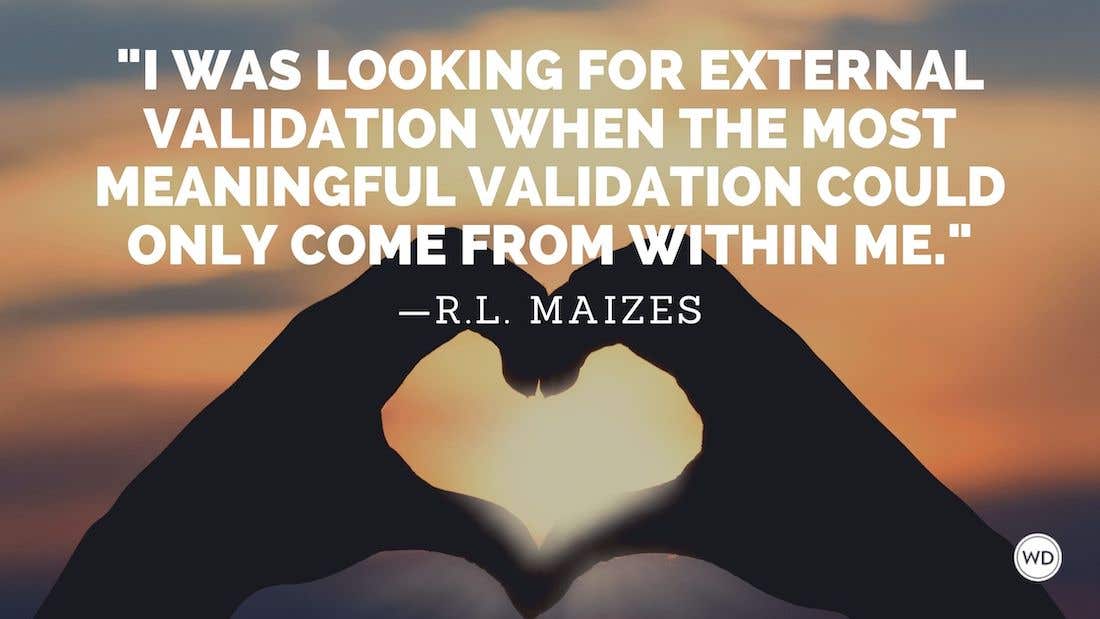4 Tips on the Publishing Experience
When it came time to launch my own book, The Listeners, I had a pretty good working knowledge of what had to be done, certainly more so than most first-time authors. But just as being an editor has informed the publishing experience, so is the publishing experience informing my role as editor, and I wanted to take a little bit of time to share with you what I knew, what I’ve learned, and what I will continue to learn.
Readers: I’ve been around the publishing world. I’ve edited a couple dozen published or soon-to-be published books. And because I spent most of my career at a small press, I know the publishing process, from conception through editing through publication through marketing.
So when it came time to launch my own book, The Listeners, I had a pretty good working knowledge of what had to be done, certainly more so than most first-time authors. But just as being an editor has informed the publishing experience, so is the publishing experience informing my role as editor, and I wanted to take a little bit of time to share with you what I knew, what I’ve learned, and what I will continue to learn.
*********************************************************************************************************************************
Guest post by Harrison Demchick, an editor with more than eight years of experience in the publishing industry. Specializing in memoir and fiction, he’s worked with children’s books, young adult books, and adult novels of all sorts, from mysteries to thrillers to chick lit to literary fiction and everything in-between. He’s currently taking clients as a developmental editor with Ambitious Enterprises (www.ambitiousenterprises.com), a creative services boutique. His debut novel, The Listeners, is now available from Bancroft Press.
*********************************************************************************************************************************
Tip #1: Stick With It
The Listeners was published on December 17, 2012. I started writing it during the summer of 2005, as I headed into my last semester of college. It was originally a series of interconnected short stories called Ashes, Ashes, and at the time, that’s what I thought it would always be. I later adapted it into a screenplay, and that screenplay was optioned for film. I thought that film was going to be made, and I thought a screenplay and a movie is what it would always be.
Finally, I adapted it into a novel. And a novel may not be the only thing it ever is, but it’s as a novel that this concept that began more than seven years ago has seen the light of day. Sometimes it takes a while for projects to find their form. And always, it takes time for them to reach the level you want them to reach. Over the years of its transformation, The Listeners narrowed its focus to one primary character versus its original ensemble cast. The short story that provided the basic outline for that focus was developed into a bigger, broader, more carefully plotted story in its screenplay form, and the structure of that story was altered considerably as it became a novel. The seventeen-year-old protagonist became fifteen, then fourteen. A first-person narrative in short story form became third-person. The style changed and the approach changed, and all of that was a necessary part of the process for The Listeners to be what it is.
So: Stick with it. Let the story take you where it takes you. Get feedback from people you trust, but also people who aren’t obligated to be nice to you. If the story is a good one, in time it will find its way.
Tip #2: Be Prepared
Being an author isn’t something that begins on the day your book is published. It’s something that begins months, or even a year, in advance.
When the book does launch, there are certain things you want to have in place. You want a website, and you want that website to be functional and attractive enough to give your readers somewhere to go. I haven’t been updating mine enough, but www.harrisondemchick.com is there for anyone who wants to know about The Listeners. But a website doesn’t just happen. You need to buy the domain name and find a host. You need to have the website designed—I used a very talented guy named Eric San Juan, and he did a great job.
I also have an author page on Facebook and a Twitter account, because when the book launches, you want fans and followers already in place to help spread the word. This is not easy. In fact, I started using Twitter in January 2012 with the specific purpose of building up a following in advance of my book launch, and it hasn’t worked. I just don’t get Twitter. But my Facebook following is growing steadily.
But starting early isn’t just about getting your presentation in order. You also want reviews. Ideally, you want reviews coming out in advance of your book—or at least the same time. This is, granted, easier if you use traditional publishing, because the major trade reviewers, like Booklist and Publishers Weekly, both of which provided advance reviews of The Listeners, generally ignore self-published books. But either way, you can take advantage of blog reviewers. You can find published authors and other voices of authority to blurb your book.
Reviewers and blurbers like to have their books months in advance. That means the book needs to be done months in advance, and you need to be working.
The same applies if you want to do a book signing around the release. Bookstores like to book their events in advance. The sooner you can get them the information they need, the better off you are.
Tip #3: Get Help!
Years spent working on other people’s books has taught me one very important lesson:
I am crappy at marketing.
(See above comments regarding Twitter and updating my website.)
I have creative ideas and I know what needs to be done, but I find the actual process of marketing torturous and never-ending, and there is little more frustrating than putting everything you’ve got into making a book succeed and watching the world consistently fail to notice it even exists. The whole process had me so gun-shy that I actually put off trying to get The Listeners published for some time after I finished it because I didn’t want to market it.
When I did decide to go for it, I knew I was going to need help. So I brought in professionals.
One of the other things I did months before the launch of The Listeners was research book publicists—people whose job it is to market books because they’re good at it and actually like doing it. I worked with Julia Drake PR, and they did a great job. They had me attending panels and writing guest blogs. I had a mini book tour. These are all things I know to do, but I recognize that actually doing these things is an area of weakness for me.
Maybe it’s not an area of weakness for you. Maybe you’re a naturally skilled self-promoter. If so, more power to you—but that doesn’t mean you’re good at everything. Getting help can mean bringing in a great cover designer. (Mine is the amazingly talented Rachel Stark.) It can mean using an editor earlier in the process—which is the kind of help everyone needs. Maybe you’ve written a young adult novel that would be great for schools, and you need teachers to help you make it fit the curriculum.
Part of the publishing process is recognizing your own weaknesses and taking the steps necessary to ensure that they don’t hurt your book.
And finally:
Tip #4: Recognize the Power of Luck
People have asked me why I chose to write a dystopian novel. A lot have assumed that, because I’m an editor, I knew exactly how popular dystopian fiction is and wrote The Listeners for that reason. But as I said before, I started this book in 2005. I was in college at the time. The genre wasn’t as popular then as it is now, and even if it was, I was too much of a novice in the publishing industry to know about it.
I didn’t write The Listeners to fit a trend. I haven’t chosen to publish it now because of one, either. The book was simply finished. The fact that the genre is popular during the time I’m publicizing the novel is, in all seriousness, coincidence. It’s luck. And it happens to be very helpful at the moment.
Luck can pop up any number of ways. It’s the right advanced reader’s copy being read by the right newspaper editor at just the right time. It’s the highly relevant story that breaks, or fails to break, a week before launch. It’s the even more relevant story that breaks six months ahead of launch, too early to help you.
Even after all the preparation, there are some parts of the publishing process that are simply beyond your control. There will be setbacks. Maybe the first review will come from someone who just plain didn’t like your book. Maybe that turns away other would-be readers. It could be all sorts of things.
But you’ve got to roll with the punches. Writing the book was hard. Editing it was hard. Marketing it is hard, too, but if you’ve stuck with it this long, if you believe in what you’ve created, then recognize the power of luck, but keep fighting anyway.
The Listeners is not a journey that began in the summer of 2005 and ended in December 2012. It’s got a long way to go yet. And as much as I knew going in, I am, like so many others in this crazy business, still learning.









